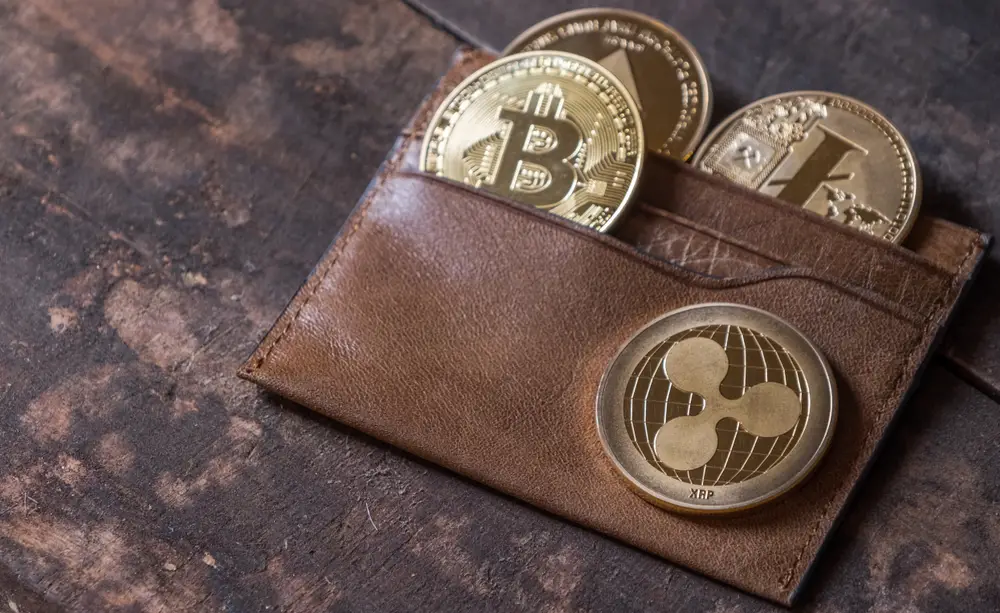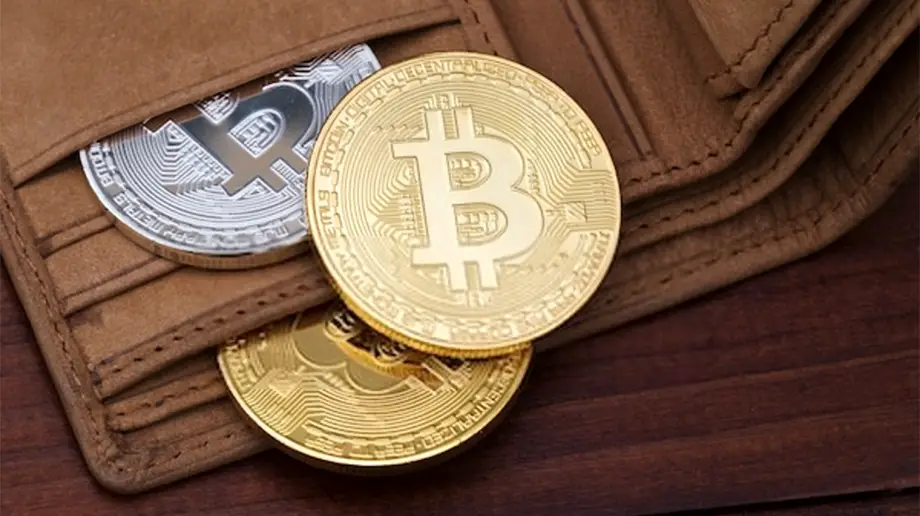The Future Of Cryptocurrency Wallets: Innovations For New Coins

Executive Summary

As the cryptocurrency market continues to mature, we are starting to see a proliferation of new coins and tokens being created. This has led to a growing need for cryptocurrency wallets that can securely store and manage these new assets. In this paper, we will explore the future of cryptocurrency wallets and discuss some of the innovations that are being developed to meet the needs of new coins.

Introduction
The cryptocurrency market has witnessed significant growth in recent years, with countless newly introduced coins and tokens joining the existing pool of established ones. This diversity necessitates the evolution of cryptocurrency wallets, prioritizing support for storing and managing these novel assets. Let’s delve into five prominent innovations shaping the future of cryptocurrency wallets:
Interoperability Facilitating Cross-Chain Transactions
Cross-chain compatibility allows seamless transfer of digital assets across different blockchains. Wallets enabling interoperability integrate multiple blockchains, simplifying transactions and asset management.
- Multi-Chain Support: Compatibility with multiple blockchains, enabling users to store assets from diverse blockchain networks.
- Inter-Chain Message Passing: Facilitating secure communication and data transfer between different blockchains.
- Atomic Swaps: Enabling direct asset exchange between different blockchains without intermediaries.
Decentralized Control for Enhanced Security
Decentralized wallets prioritize user control and security. By eliminating the reliance on third-party custodians, these wallets provide users with complete ownership of their assets.
- Self-Custody with Private Keys: Users hold sole responsibility for managing their private keys, granting full control over their funds.
- Non-Custodial Design: Eliminating the need for intermediaries, ensuring that users have exclusive access to their assets.
- Multi-Sig Options: Implementing multi-signature mechanisms, requiring multiple authorized parties to approve transactions, enhancing security.
Hardware Integration for Offline Storage
Hardware wallets offer an additional layer of protection by storing cryptocurrencies offline, reducing the risk of cyber attacks and unauthorized access.
- Cold Storage Security: Offline storage protects assets from online vulnerabilities and hacking attempts.
- Secure Element Protection: Utilizing specialized security chips to safeguard private keys and sensitive data.
- Biometric Authentication: Implementing biometric security measures, such as fingerprint or facial recognition, for enhanced access control.
Ease Of Use and Intuitive Interfaces
User-friendly interfaces simplify wallet navigation and asset management. With intuitive designs, wallets cater to novice and experienced users alike.
- Simplified Setup and Recovery: Simplifying wallet setup and recovery processes, making it accessible to users with varying technical expertise.
- Beginner-Friendly Features: Incorporating clear visuals, step-by-step guides, and FAQs to facilitate user onboarding.
- Educational Resources: Providing resources and materials to educate users about cryptocurrency and wallet management.
Support For Emerging Digital Assets
Innovating wallets cater to new and emerging cryptocurrencies, including NFTs and DeFi tokens. This adaptability ensures compatibility with the evolving digital asset landscape.
- NFT Management: Enabling secure storage, display, and management of non-fungible tokens (NFTs).
- DeFi Integration: Supporting decentralized finance (DeFi) tokens and allowing users to interact with DeFi protocols and applications.
- Token Standards Compliance: Adhering to industry-specific token standards, such as ERC-20 and ERC-721, to ensure compatibility.
Conclusion
The future of cryptocurrency wallets is bright. With new coins and tokens being created all the time, there is a growing need for wallets that can securely store and manage these assets. Wallets are becoming more and more user-friendly, with intuitive interfaces and built-in educational resources. They are also becoming more secure, thanks to hardware integration and decentralized control.
Keyword Tags
- Cryptocurrency Wallets
- New Coins
- Interoperability
- Decentralization
- Hardware Integration
